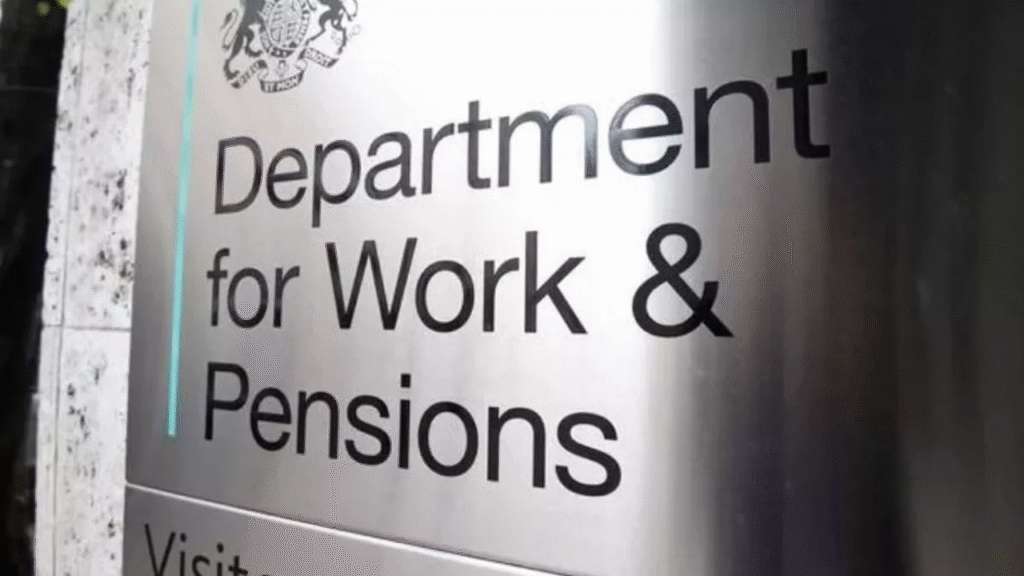The Department for Work and Pensions (DWP) has announced major reforms to the way Personal Independence Payment (PIP) assessments are conducted. The changes are part of a wider plan to cut welfare spending by £5 billion over the next decade and aim to streamline support for disabled people.
Here’s a breakdown of the three major changes that will impact millions of claimants over the next few years.
1. Introduction of the “Four-Point Rule”
From November 2026, a new “four-point rule” will be introduced for the daily living component of PIP.
Currently, claimants can score points across a range of daily living activities, such as preparing food, managing medication, or communicating verbally. If they score enough combined points, they qualify for support. However, under the new system, applicants must score at least four points in a single daily living activity to qualify.
This could have significant consequences for people who have moderate difficulties across several areas but do not score highly in any one specific category. It is estimated that up to 1.3 million claimants could be affected by this rule change.
Critics argue that this move will unfairly penalise individuals with multiple moderate impairments, potentially pushing them out of eligibility for PIP support.
2. Replacement of the Work Capability Assessment
In a sweeping reform of the benefits system, the Work Capability Assessment (WCA) will be abolished by 2028.
The WCA has traditionally been used to determine eligibility for benefits like Employment and Support Allowance (ESA) and the health-related element of Universal Credit. It assesses whether a person is fit to work based on their physical or mental condition.
Under the new plan, a single health and disability functional assessment will replace the WCA. This unified assessment will focus more on a person’s daily living needs rather than their capacity to work, aligning it closely with the principles of the PIP assessment. DWP Health and Disability Green Paper.
The aim is to simplify the system, reduce bureaucracy, and create a “fairer and more supportive” environment, according to the DWP. However, disability charities warn that combining assessments could lead to people missing out on essential support if criteria are not carefully designed.
3. Change in Assessment Providers
From September 2024, new organisations will take over the delivery of PIP assessments across the UK under the Functional Assessment Services (FAS) contracts.
The DWP has awarded contracts to different private companies to conduct these health assessments. These providers will be responsible for carrying out PIP assessments, the new single assessment, and health assessments for Universal Credit claimants.
The shift to new providers is part of an effort to address long-standing complaints about the quality and consistency of PIP assessments under the current system. However, some experts are cautious, noting that changing providers alone will not solve deeper systemic issues unless there are significant improvements in training and transparency. DWP Assessments Information

Reactions to the Changes
The announcement has sparked strong reactions from disability organisations, MPs, and advocacy groups. Many have expressed concerns that the changes could leave vulnerable people without the financial support they rely on.
Labour MPs have called for the government to rethink the reforms, warning that cutting costs should not come at the expense of the most vulnerable in society. Advocacy groups such as Disability Rights UK have also warned that the four-point rule could result in a “steep rise in poverty and hardship” among disabled people.
Campaigners argue that many individuals who rely on PIP to maintain their independence — covering essential costs like personal care, transport, and extra heating — could see their payments reduced or lost altogether.
For additional guidance, claimants can seek help from Citizens Advice or organisations like Disability Rights UK.
What Claimants Should Do
If you are currently receiving PIP, it is important to stay updated on how these changes may affect you. Review your current award and consider how your daily activities are scored.
Those planning to apply for PIP should familiarise themselves with the assessment process and how the proposed four-point rule could impact their eligibility.
It is recommended to keep all medical evidence up-to-date and seek advice early if you think you may be affected by the changes.
You can start a new PIP claim or report changes to your circumstances through the Apply for PIP – GOV.UK.
Conclusion
The DWP’s proposed changes to PIP assessments represent one of the most significant shifts in disability support policy in recent years. While the government insists that the reforms will create a simpler, more effective system, many disabled people and advocacy organisations remain deeply concerned.
With the full roll-out not expected until 2028, there is still time for the government to consult and refine the process. Meanwhile, claimants should remain vigilant and seek advice to protect their rights and entitlements in the face of these sweeping reforms.




